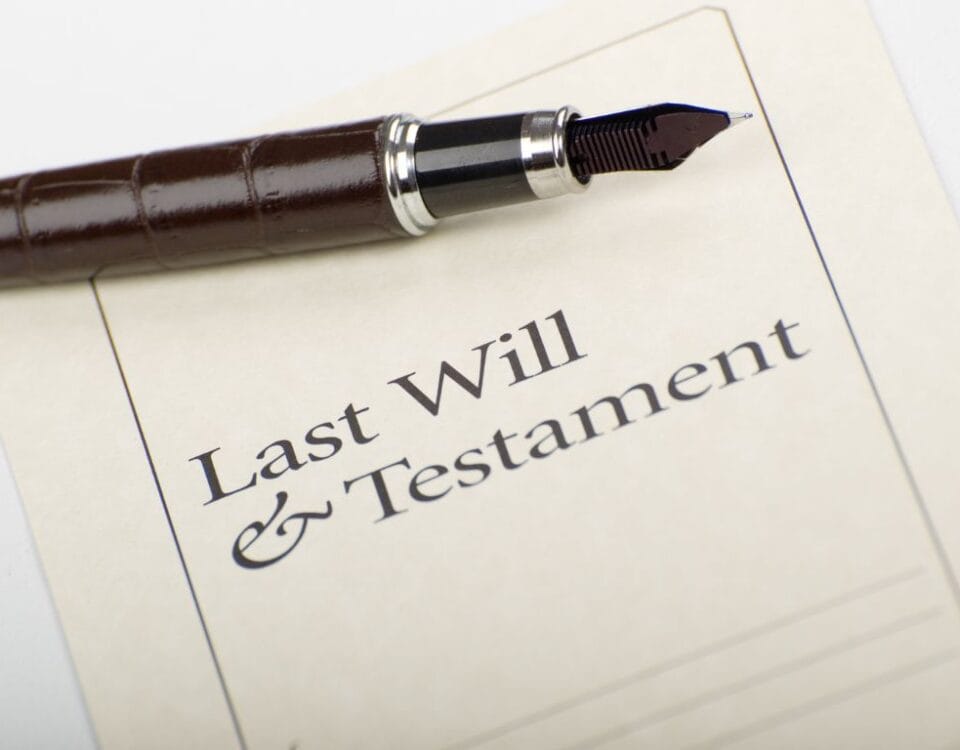Eye In The Sky
April 11, 2023Failing to Surrender – It’s My Solicitor’s Fault!
April 14, 2023The Importance of Judicial Continuity
Image credit: Arms over the entrance to the Crown Court… © 2006 Kaihsu Tai.
During the life of a criminal case, it is common for a defendant to face a different judge each hearing. In more complex cases, hearings are reserved wherever possible to the same judge to save duplication of judicial resources and more effectively manage the case, but there is no rule that the same judge must preside at every case hearing.
In the case of I & Others [2009] EWCA Crim 1793 the Court of Appeal held:
“Judicial continuity is an essential feature of good case management. Case management is a continuous process and demands consistency of approach. Successive decisions are likely to impact one upon the other. In order to give case management of upcoming cases the close attention it needs, at the same time as coping with current trials, the judge needs to be committed to the case. It is a waste of resources for more than one judge to have to read properly into a large volume of papers; the heavier the case the more this is so.”
When it comes to the trial itself, however, it is the expectation that the judge will remain the same throughout the trial proceedings as:
“…with very few exceptions, once the jury is sworn a judge who has not been present at the proceedings simply cannot pick the case up.”
In R v The Crown Court at Southwark ex parte The Commissioners of Customs and Excise [1993] 97 Cr App R 266 it was held:
“It is our firm opinion that in a criminal trial there is no power to change the judge once the jury is sworn until the moment at which the jury returns to give its verdict. It is permissible, if there is a sufficient reason, such as death or illness of the trial judge, for another judge to take the jury’s verdict — this has, to our knowledge, been done on several occasions — seeing that the mere taking of the verdict cannot possibly be affected, so far as the new judge is concerned and the jury too, by anything which has taken place in the trial up to that time.”
If the jury raises issues, how well a substitute judge can deal with such interventions may affect the safety of any subsequent conviction.
In the case of El-Ghaidouni [2006] EWCA Crim 845, a case where a substitute judge was unable to resolve a question asked by the jury, the Court of Appeal held:
“…we are troubled by the fact that, despite every sensible effort, the jury were not provided with an answer to the second question. Maybe, as counsel for the Crown suggests, the answer did not matter, or should not have mattered very much, if at all, but our concern arises not merely because the jury had asked the question, but because, first, it related directly to an issue which had been canvassed before them during the course of the trial and, secondly, because, as we know now on further investigation, if the answer had been given and the evidence of DC Stanley had been available, it would have tended to support, or provide some support for, the contention which the defence had been making in its arguments before the jury.”
As a result of this, the convictions were quashed.
How can we help?
We ensure we keep up to date with any changes in legislation and case law so that we are always best placed to advise you properly. If you would like to discuss any aspect of your case, please contact any member of our vastly experienced Criminal Defence team, for assistance with any criminal law related matter.
–
Mr John Stokes (John.Stokes@danielwoodman.co.uk),
Miss Sarah Turland (Sarah.Turland@danielwoodman.co.uk),
Mr Anthony Pearce (Anthony.Pearce@danielwoodman.co.uk) or
Mr Daniel Woodman (Daniel.Woodman@danielwoodman.co.uk).


